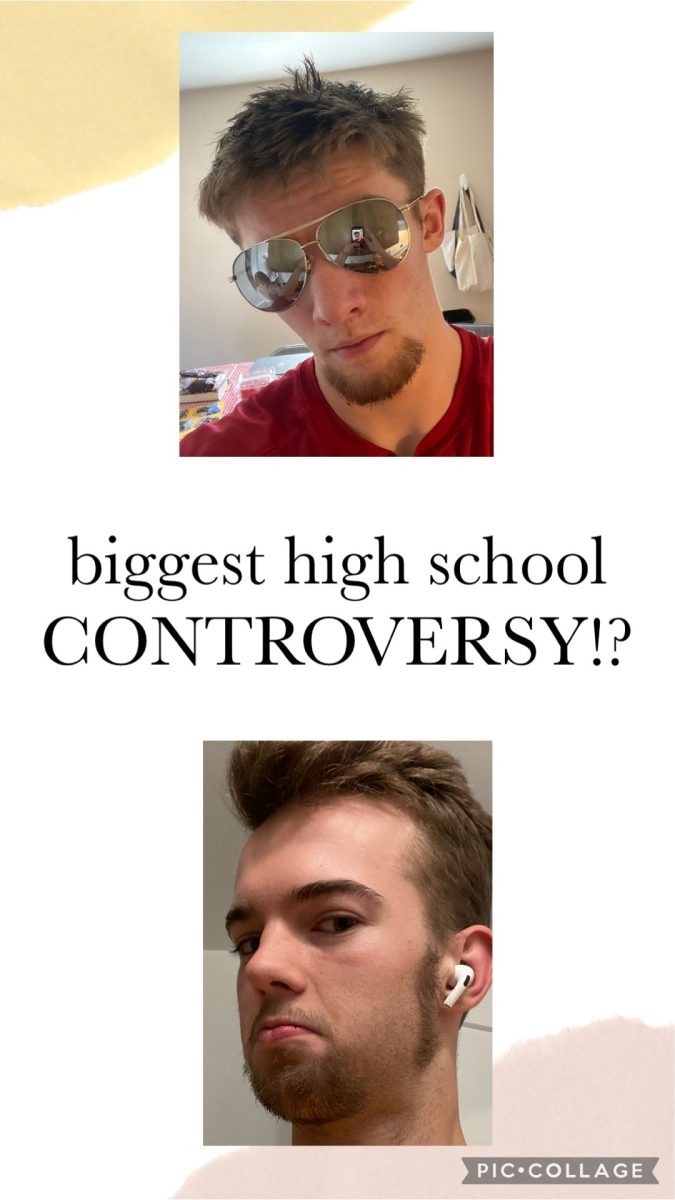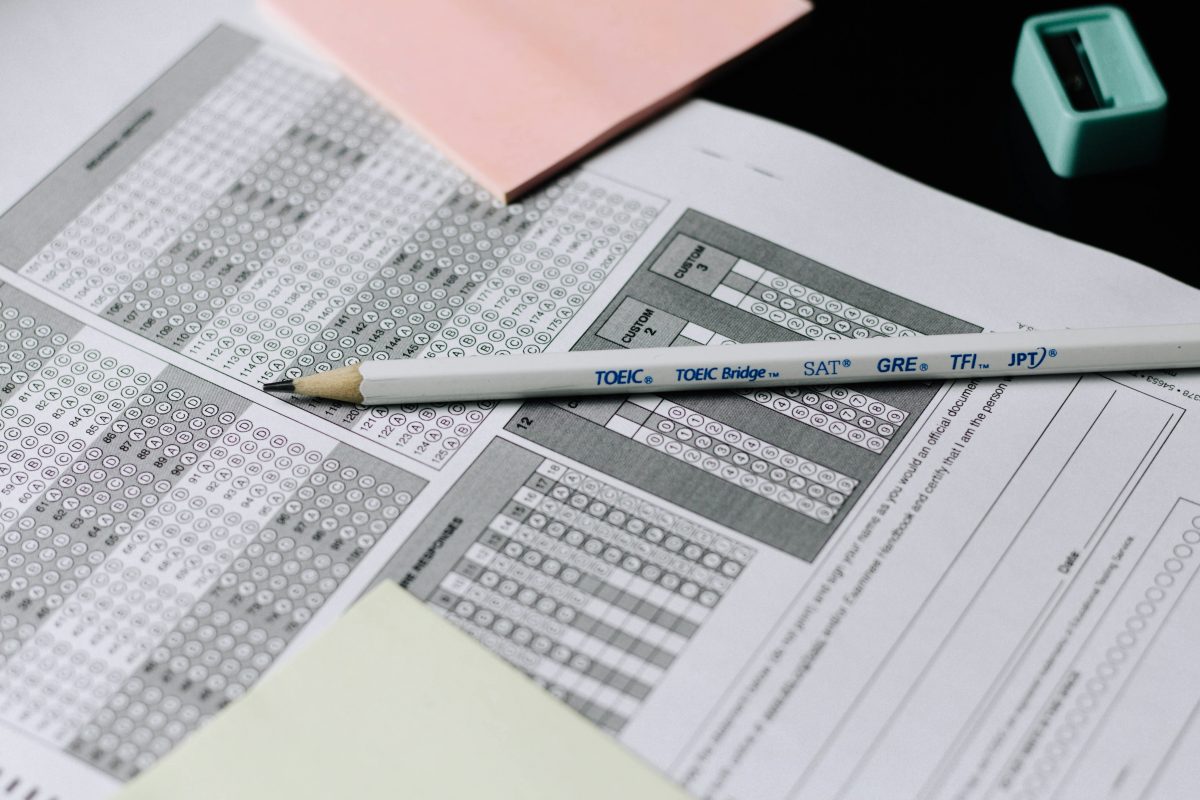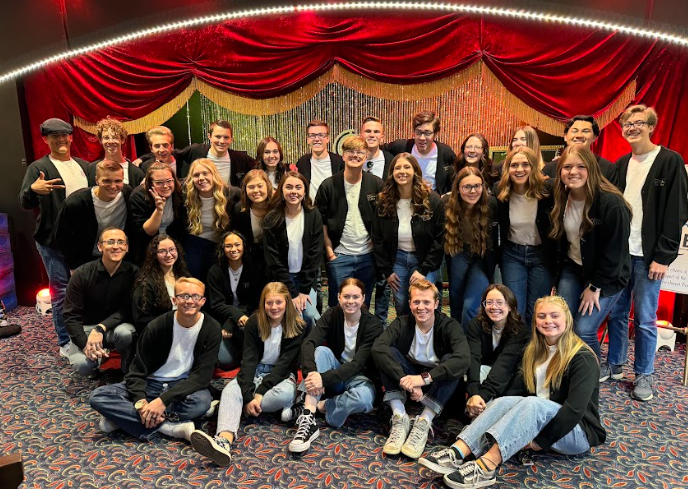Disclaimer: The following article explores the public opinion on facial hair in high school, a topic that is inherently subjective and personal. The views expressed in this article are those of the individuals interviewed and do not necessarily reflect the opinions of the publication or its staff. This article is not intended to offend or perpetuate harmful stereotypes against any individual or group based on their personal grooming choices. We advise that any persons offended by the topic of debate or any of the arguments made in this article please recognize that this article is a piece of satirical literature. Rather, it aims to spark a respectful conversation about a topic that is relevant to the high school community. We recognize that facial hair is a matter of personal preference and cultural expression, and we celebrate the diversity of opinions and experiences within all communities.
Do high schoolers pull off facial hair? Can any high schoolers pull off facial hair? Not a lot of people give thought to this question during their day to day activities, but it turns out to be a quite controversial topic. So for those high schoolers who think they can pull off a beard, can they really?
To attempt to earnestly answer this question we must break down the question and define what exactly it is we are asking, and can it be answered objectively? Maybe not entirely, but in our endeavor to do so, we can learn a lot about today’s style and frankly, the ability of high schoolers to grow facial hair.
To start, we need to define what it means to pull off facial hair. Does it just mean that you look ok with a beard? Does it mean that you look better with facial hair than without? Mountain View senior Mia Dunn said “It has to add to your face, it can’t take away from your other features.”
In contrast to Dunn, other students had lower standards. For one to pull off facial hair, the style in question must simply not look too bad, at least in comparison to the same person clean shaved.
Now, given more context around whether or not one pulls off facial hair, how many high schoolers with facial hair really pull it off? We encounter another potential basis for disagreement: which opinions matter the most?
All external opinions can be divided into three categories: the opinions of the people you want to impress (especially the ladies), the beliefs of those close to you, like friends and family, and a third category for anything that cannot be classified into the first two. So which is most important?
Before continuing, it is wise to remember that no one is a friend of yours if your friendship is dependent on your decision to shave or not. Let it also be known that the opinions of those who aren’t your friends or family should carry little importance. You don’t have control over what the haters say but you can remember how little impact they have (unless of course who do truly look horrendous with facial hair).
Some believe the most important opinion is that of the group or party the boy wishes to appeal to. Generally this means (in the case of a straight man) the opinion of girls he finds attractive should matter most to him.
Another equally valid belief would be that the final say resides within the circle of influence of the person. This is to say, the close friends and family of the boy debating growing facial hair or not should be the voices he takes into consideration.
This brings us back to our original question in a roundabout way. Can high school boys pull off facial hair? Crimson Cliffs High School junior Jada Sim firmly believes “facial hair is not meant to be there.” This response is not uncommon. Infrequent was the interviewee found who admitted to liking facial hair on high schoolers. Indifference was the most common opinion but those against outnumber those in favor of.
To conclude, the research conducted throughout the writing of this article uncovered a lot. Most people do not support growing facial hair in high school for anyone. Given there may have been unintentional sampling bias or even other polling obstacles, nevertheless, there is still value to the work performed. Any and all that wish to, can learn about current social standards and what is accepted through review of this extensive study and its findings.






